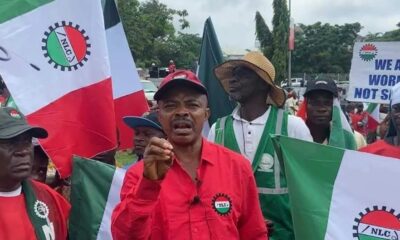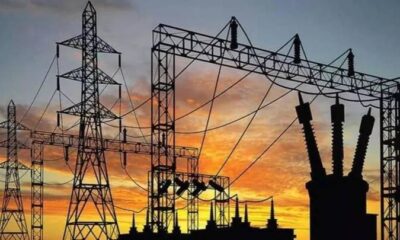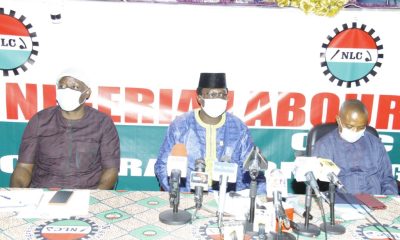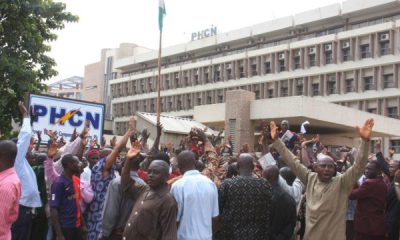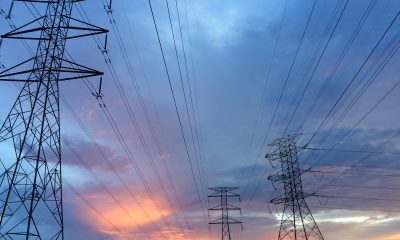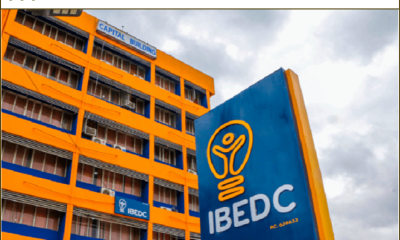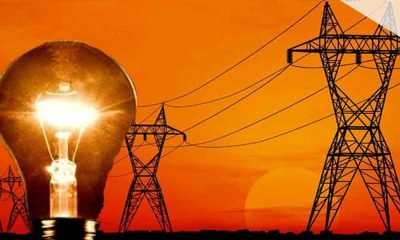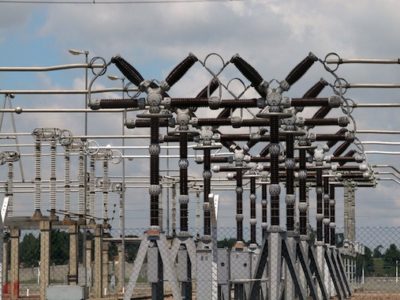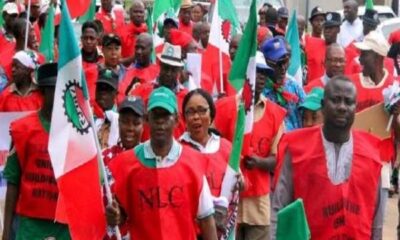NEWS
Manufacturers, Labour condemn federal government’s 240% electricity tariff hike
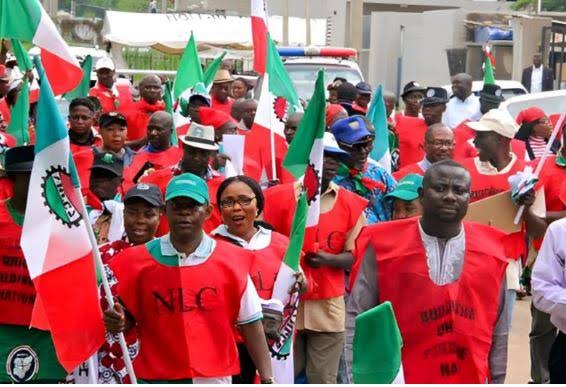
Manufacturers and organized labour have vehemently opposed the Federal Government’s decision to implement a 240% increase in electricity tariffs for consumers enjoying a 20-hour daily power supply.
The move, announced by the government on Wednesday, has drawn sharp criticism from various sectors, citing concerns over its potential to cripple businesses and exacerbate inflationary pressures.
Under the new tariff regime, electricity users categorized under Band A, comprising approximately 15% of the total consumer base, will experience a significant surge in their electricity bills.
The tariff hike, which sees rates soar from N68 per kilowatt-hour (kWh) to N225/kWh, marks a staggering 240% jump, effective immediately.
Expressing their discontent, stakeholders from the organized private sector, Nigeria Labour Congress (NLC), and Trade Union Congress (TUC) have raised alarm over the adverse effects of the tariff hike on industries and consumers alike.
They argue that the sudden increase in electricity costs will render many businesses unviable, exacerbate inflationary pressures, and lead to widespread job losses.
The Vice Chairman of the Nigerian Electricity Regulatory Commission (NERC), Musiliu Oseni, defended the government’s decision, citing the need to phase out electricity subsidies and address the sector’s funding and liquidity challenges.
However, critics have rebuffed these justifications, asserting that the move lacks consideration for the economic hardships faced by Nigerians.
In response to the outcry, industry leaders, including the Lagos Chamber of Commerce and Industry (LCCI), the Manufacturers Association of Nigeria (MAN), and the Nigerian Association of Chambers of Commerce, Industry, Mines, and Agriculture (NACCIMA), have called for a reevaluation of the tariff hike.
They emphasize the importance of balancing sectoral investments with the broader economic impact on businesses and consumers.
Moreover, economists and industry experts have warned of the far-reaching consequences of the tariff hike, predicting a surge in operational costs, job losses, and heightened inflationary pressures.
They argue that the timing of the increase, amidst ongoing socioeconomic challenges and economic recovery efforts, could exacerbate the plight of the populace and hinder sustainable economic growth.
As stakeholders continue to voice their concerns, the government faces mounting pressure to reconsider its decision and explore alternative solutions to address the challenges facing the electricity sector.

